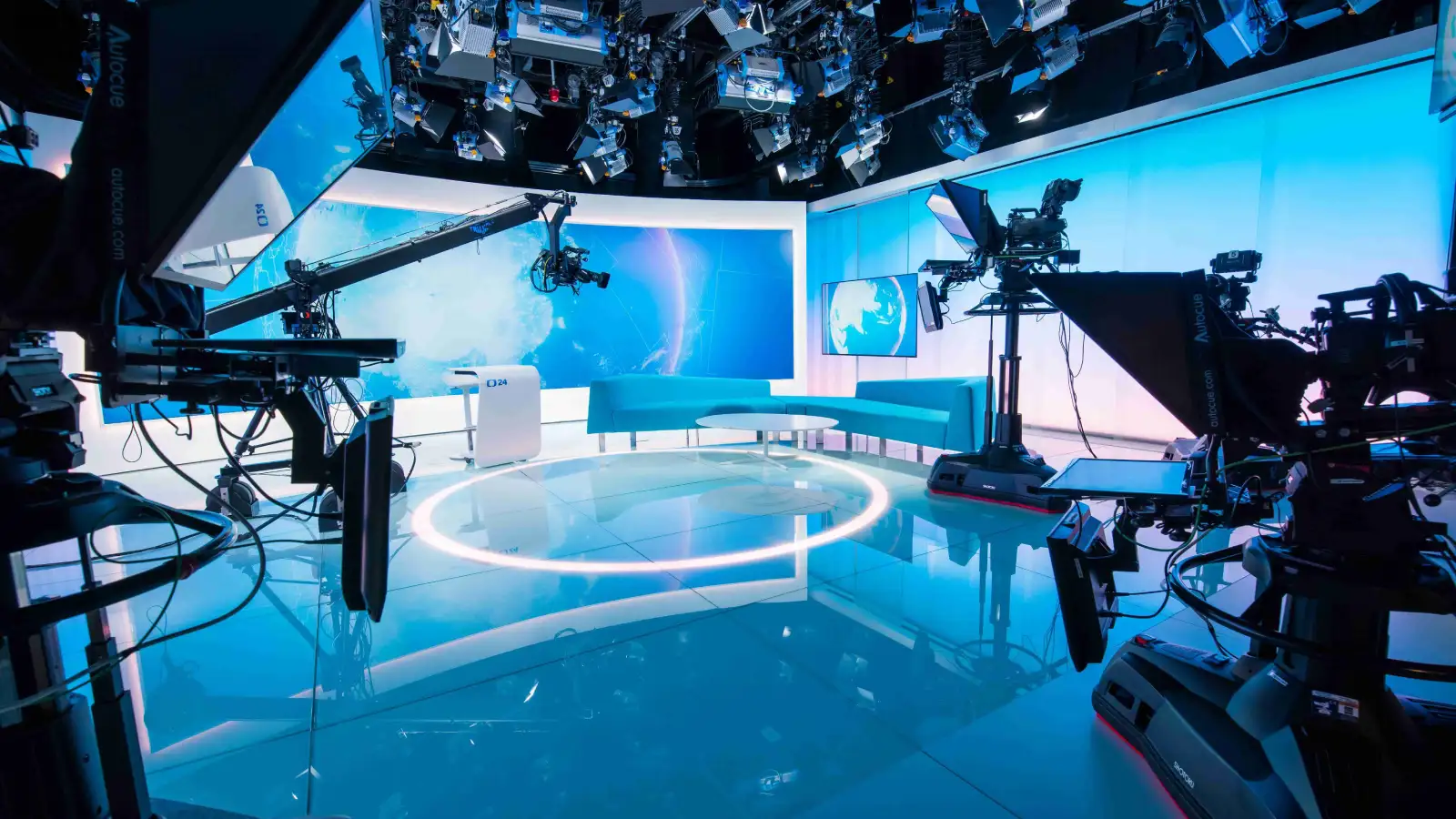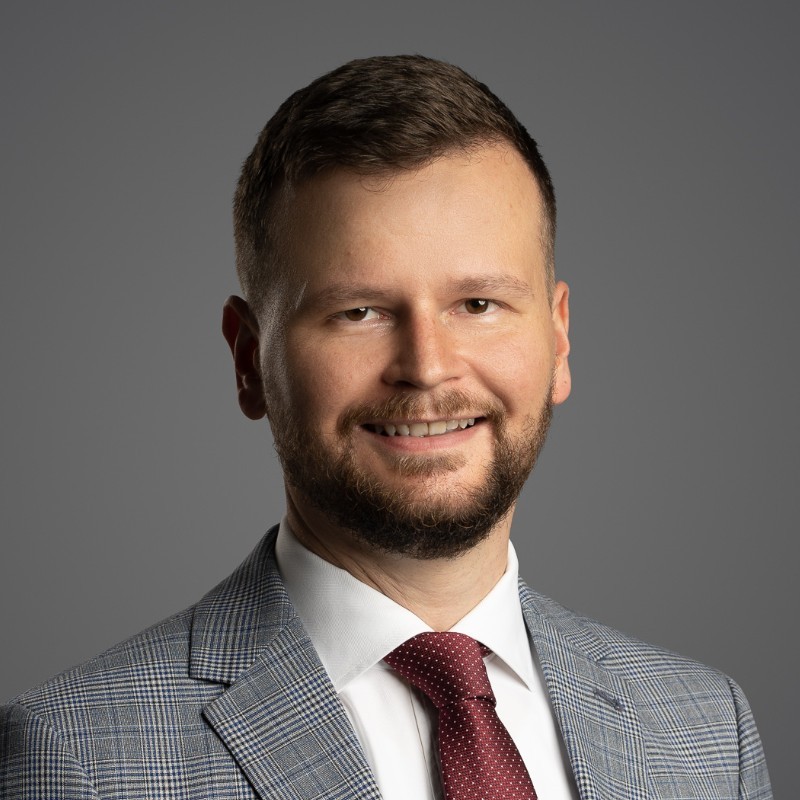
Public service agreements to guide Czech Television and Czech Radio
The current Czech government is preparing an amendment to several media laws, set to take effect in January next year. A key part of the amendment is the introduction of public service agreements, which will further define the responsibilities of public television and public radio for a five-year period.
These agreements aim to clarify and expand on the responsibilities already outlined in existing laws. If either broadcaster fails to meet these obligations, it could lead to the dismissal of their general directors.
While the agreements are legally required to be finalized by summer 2025, in practice, work on them has already begun, with the aim of having them in place by early next year. Public television and public radio are drafting their own versions, which will be submitted to their respective councils for approval.
Once finalized, the agreements will be signed by the general director of each broadcaster and the minister of culture. Some legal experts have raised concerns about potential threats to media independence, as the involvement of a senior government official in the signing process could undermine the broadcasters' autonomy. However, the clause remains part of the proposed legislation.
Discussions on the public television agreement have already begun, with a meeting held on August 26. Input was provided by the Association of Commercial Television (AKTV), the Czech Publishers' Association, and the Association for Internet Development (SPIR). According to Jan Souček, the general director of public television, the final version of the agreement is expected to be presented at a meeting of the Czech Television Council on October 2.
Similarly, René Zavoral, the general director of public radio, has been working on the public radio agreement, in consultation with private media representatives. Meetings with the Association of Private Radio Broadcasters (APSV) and the Association of Online Publishers began in the spring, and the final text of the agreement is expected to be discussed with private radio station representatives on September 17.
Zavoral has stated that public radio is willing to include a preamble or other additional elements in the agreement, but emphasized that certain topics, such as digitization, audience measurement, artificial intelligence, and new technologies, require broader cooperation between public and private radio. Public radio is prepared to invest significant resources into these areas for the benefit of the entire radio market.
Opposition parties, however, have expressed concerns about the government's media amendment. They argue that television and radio fees should not be raised until there is a clearer understanding of what is expected from public television and public radio. Patrik Nacher, chairman of the parliamentary media committee, stressed that the responsibilities of the public broadcasters must be clearly defined before any fee increases are considered.
While private media companies have been actively involved in the drafting of public television's agreement, there has been less progress with public radio. Representatives of private media have expressed frustration, claiming they have not received any drafts from public radio. In response, Zavoral refuted these claims, stating that all relevant documents were shared during meetings earlier this year.
As the debate over public service agreements continues, the differing priorities of public and private media are becoming more apparent. Zavoral pointed out that public and private broadcasters have fundamentally different missions, and it would be inappropriate for private media to dictate the role of public service broadcasters.
The introduction of public service agreements is part of the government's broader effort to modernize the legal framework for public broadcasting. However, opposition parties continue to raise concerns about the potential impact on the independence of public broadcasters and the balance between public and private media.

